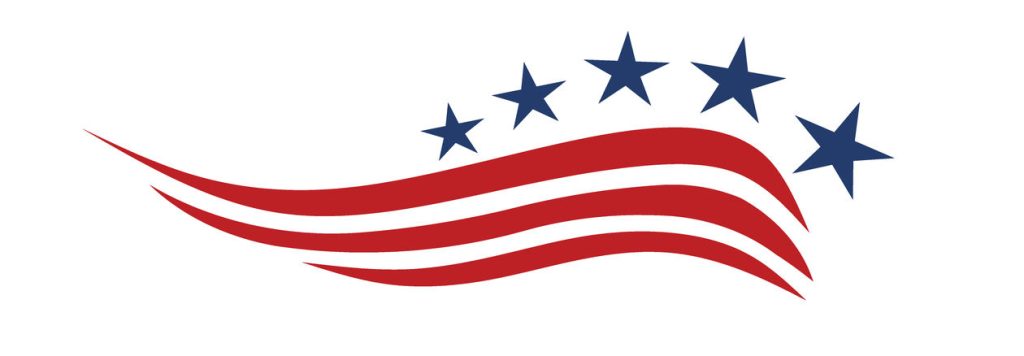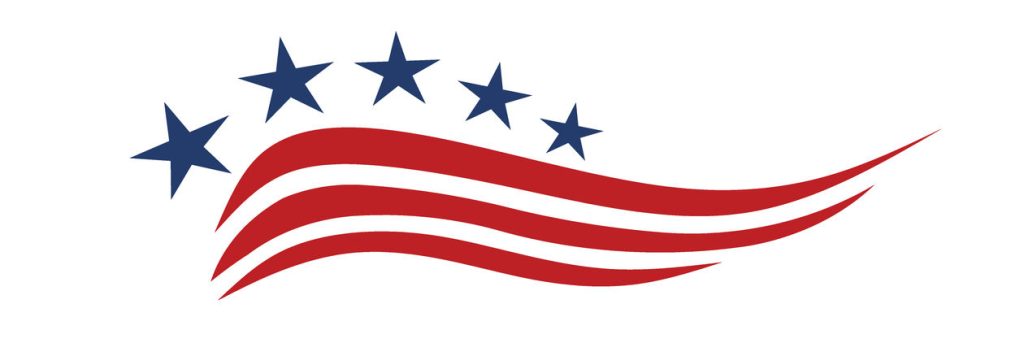Did you know that Facebook CEO Mark Zuckerberg poured more than $400 million into the 2020 election, most of it through the Center for Technology and Civic Life (CTCL), which distributed the money as grants to county and city election officials throughout the country to “help” them conduct the 2020 election? CTCL claims the grants were for expenses related to COVID-19 and denies any political pattern in the distribution of the money. According to Capital Research Center’s (CRC) trace of the CTCL grants, however, the biggest funding consistently favored large Democrat-leaning areas.
Georgia received $31 million from CTCL for the 2020 general election and $14.5 million for the 2021 senate runoff election. The counties receiving the largest 2020 election grants were Fulton at $6 million, Cobb at $5.6 million, Gwinnett at $4.1 million, and Dekalb at $4 million. CRC put together a spreadsheet of the CTCL grant dollars by Georgia county along with a comparison of Republican and Democrat vote totals for president in the 2016 and 2020 elections, and the results are startling. Fulton county’s Republican vote total was 110,372 in 2016 and 137,247 in 2020, an increase between 2016 and 2020 of 26,875. That seem like a nice gain until you look at the Democrat numbers: 281,875 in 2016 and 380,212 in 2020, an increase from 2016 to 2020 of 98,337! There were similar, much higher jumps in Democrat vote counts in Cobb, Gwinnett, and Dekalb counties between 2016 and 2020 compared to the Republican numbers.
Maybe it’s a coincidence that a lot of money from a progressive billionaire distributed to certain counties for elections is followed by a HUGE spike in Democrat votes in those counties, but as the Foundation for Government Accountability put it, “…there appears to be a direct relationship between the distribution of Zuckerbucks and the election outcome in Georgia.” Voters would have reason to feel like all future voting is bought and paid for, if targeted floods of money were now the norm going forward. Georgia’s 2021 Election Integrity Act should prevent that from happening, because it prohibits county or municipal superintendents or the county boards of registrars from accepting any grants, funds or gifts from sources other than the local, State, or Federal governments. The State Election Board is required to propose a method by October 1, 2021 for accepting donations for administration of elections and a method to equally distribute the donations state wide. Part 4 of this series on Georgia’s new election law will cover drop box location and distribution.

